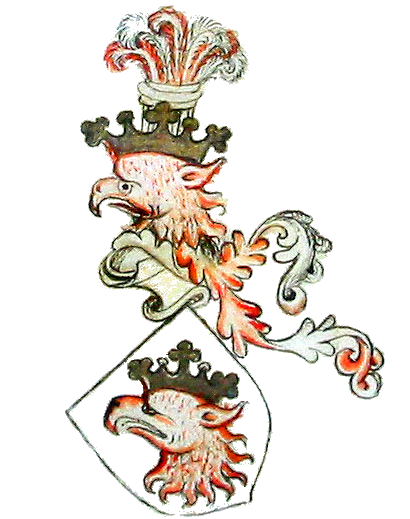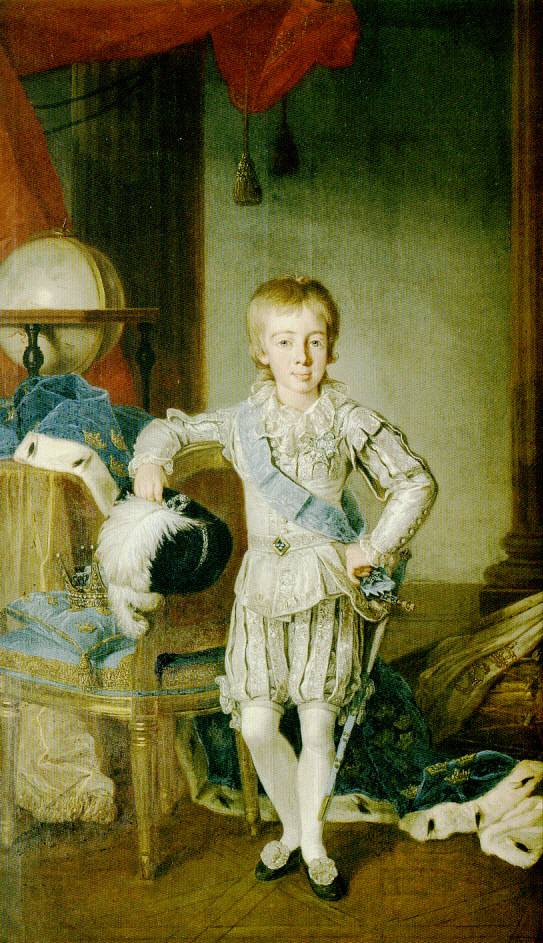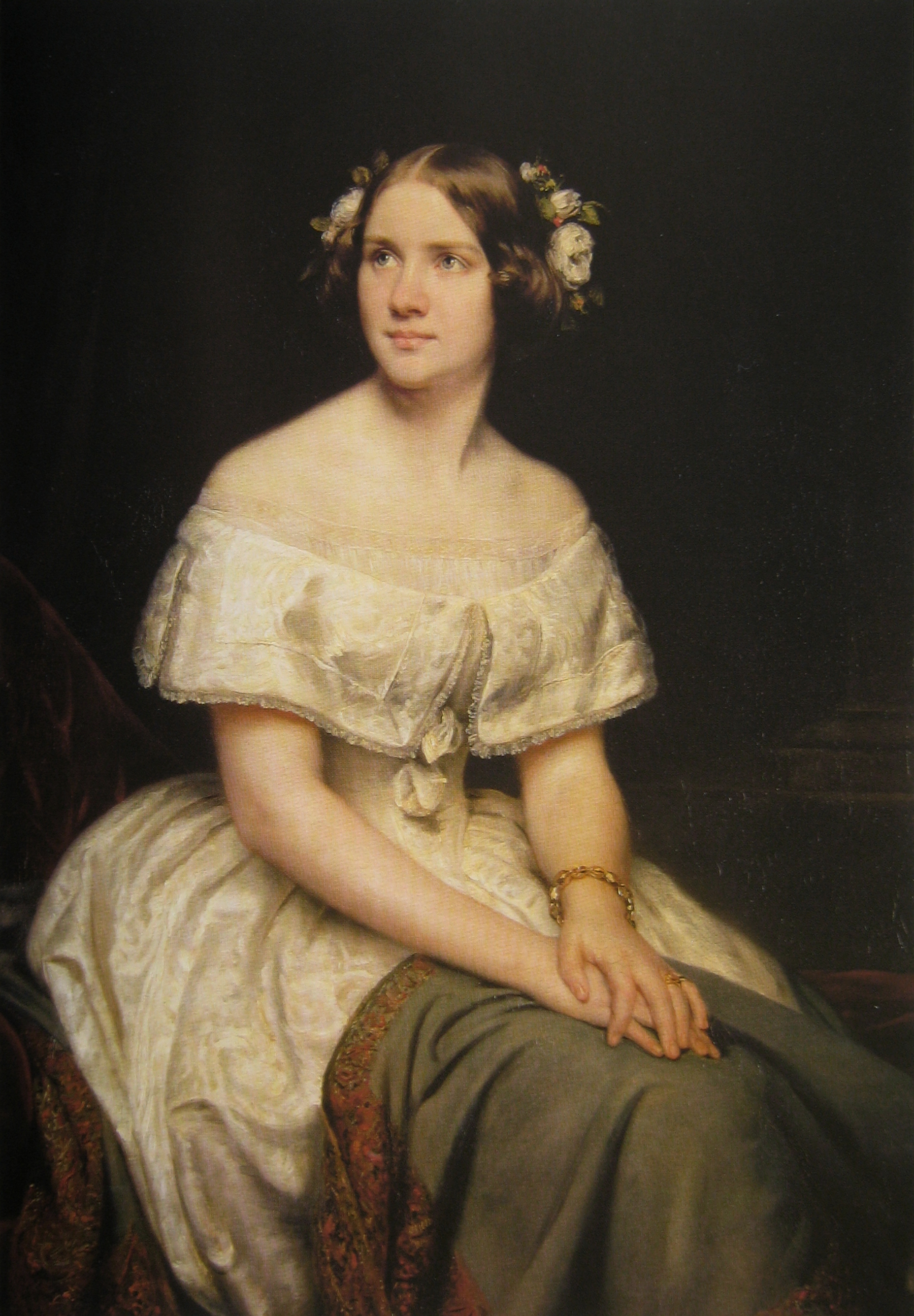|
Malmö Teater
Malmö Teater or Malmö Theater, formally ''Kongl. Priwilegierade Theatern i Malmö'' ('Royal Theater of Malmö'), was theater in Malmö in Sweden, active between 1809 and 1938. It was situated at the street Stora Nygatan with an entrance at the square Gustav Adolfs torg. It is known as the first permanent theater building in the city of Malmö. The first confirmed performance by a professional theater company is confirmed to have taken place by a German theater company in 1691, and the city was often visited by travelling theater companies during the 18th-century. They performed in temporary localities, and there was a need for a proper theater building. The mayor Carl Magnus Nordlindh initiated the building of a theater; king Gustav IV Adolf of Sweden had resided temporarily in the city in 1806-07 and there was a need by the authorities to make the city more representative in line with the king's mention of the city as the kingdom's second capital. The building was constructed ... [...More Info...] [...Related Items...] OR: [Wikipedia] [Google] [Baidu] |
Malmö
Malmö (, ; da, Malmø ) is the largest city in the Swedish county (län) of Scania (Skåne). It is the third-largest city in Sweden, after Stockholm and Gothenburg, and the sixth-largest city in the Nordic region, with a municipal population of 350,647 in 2021. The Malmö Metropolitan Region is home to over 700,000 people, and the Øresund Region, which includes Malmö and Copenhagen, is home to 4 million people. Malmö was one of the earliest and most industrialised towns in Scandinavia, but it struggled to adapt to post-industrialism. Since the 2000 completion of the Öresund Bridge, Malmö has undergone a major transformation, producing new architectural developments, supporting new biotech and IT companies, and attracting students through Malmö University and other higher education facilities. Over time, Malmö's demographics have changed and by the turn of the 2020s almost half the municipal population had a foreign background. The city contains many histori ... [...More Info...] [...Related Items...] OR: [Wikipedia] [Google] [Baidu] |
Sweden
Sweden, formally the Kingdom of Sweden,The United Nations Group of Experts on Geographical Names states that the country's formal name is the Kingdom of SwedenUNGEGN World Geographical Names, Sweden./ref> is a Nordic country located on the Scandinavian Peninsula in Northern Europe. It borders Norway to the west and north, Finland to the east, and is connected to Denmark in the southwest by a bridgetunnel across the Öresund. At , Sweden is the largest Nordic country, the third-largest country in the European Union, and the fifth-largest country in Europe. The capital and largest city is Stockholm. Sweden has a total population of 10.5 million, and a low population density of , with around 87% of Swedes residing in urban areas in the central and southern half of the country. Sweden has a nature dominated by forests and a large amount of lakes, including some of the largest in Europe. Many long rivers run from the Scandes range through the landscape, primarily ... [...More Info...] [...Related Items...] OR: [Wikipedia] [Google] [Baidu] |
Carl Magnus Nordlindh
Carl may refer to: * Carl, Georgia, city in USA * Carl, West Virginia, an unincorporated community *Carl (name), includes info about the name, variations of the name, and a list of people with the name * Carl², a TV series * "Carl", an episode of television series ''Aqua Teen Hunger Force'' * An informal nickname for a student or alum of Carleton College CARL may refer to: * Canadian Association of Research Libraries * Colorado Alliance of Research Libraries See also *Carle (other) *Charles *Carle, a surname * Karl (other) *Karle (other) Karle may refer to: Places * Karle (Svitavy District), a municipality and village in the Czech Republic * Karli, India, a town in Maharashtra, India ** Karla Caves, a complex of Buddhist cave shrines * Karle, Belgaum, a settlement in Belgaum d ... {{disambig ja:カール zh:卡尔 ... [...More Info...] [...Related Items...] OR: [Wikipedia] [Google] [Baidu] |
Gustav IV Adolf Of Sweden
Gustav IV Adolf or Gustav IV Adolph (1 November 1778 – 7 February 1837) was King of Sweden from 1792 until he was deposed in a coup in 1809. He was also the last Swedish monarch to be the ruler of Finland. The occupation of Finland in 1808–09 by Russian forces was the immediate cause of Gustav's violent overthrow by officers of his own army. Following his abdication on 29 March 1809, an Instrument of Government was hastily written, which severely circumscribed the powers of the monarchy. The "Instrument" was adopted in 1809 on 6 June, the National Day of Sweden now as well as in his time. It remained in force until replaced in 1974. The crown, now with strictly limited powers, passed to Gustav's uncle Charles XIII, who had no legitimate children; this want of heirs set into motion the quest for a successor, who was found the following year in the person of Jean-Baptiste Jules Bernadotte, the first monarch of the present royal family. ch 37 pp 203-19 Early life Gustav Adolf w ... [...More Info...] [...Related Items...] OR: [Wikipedia] [Google] [Baidu] |
Jenny Lind
Johanna Maria "Jenny" Lind (6 October 18202 November 1887) was a Swedish opera singer, often called the "Swedish Nightingale". One of the most highly regarded singers of the 19th century, she performed in soprano roles in opera in Sweden and across Europe, and undertook an extraordinarily popular concert tour of the United States beginning in 1850. She was a member of the Royal Swedish Academy of Music from 1840. Lind became famous after her performance in ''Der Freischütz'' in Sweden in 1838. Within a few years, she had suffered vocal damage, but the singing teacher Manuel García saved her voice. She was in great demand in opera roles throughout Sweden and northern Europe during the 1840s, and was closely associated with Felix Mendelssohn. After two acclaimed seasons in London, she announced her retirement from opera at the age of 29. In 1850, Lind went to America at the invitation of the showman P. T. Barnum. She gave 93 large-scale concerts for him and then continued to ... [...More Info...] [...Related Items...] OR: [Wikipedia] [Google] [Baidu] |
August Bournonville
August Bournonville (21 August 1805 – 30 November 1879) was a Danish ballet master and choreographer. He was the son of Antoine Bournonville, a dancer and choreographer trained under the French choreographer, Jean Georges Noverre, and the nephew of Julie Alix de la Fay, née Bournonville, of the Royal Swedish Ballet. Bournonville was born in Copenhagen, Denmark, where his father had settled. He trained with his father Antoine Bournonville as well he studied under the Italian choreographer Vincenzo Galeotti at the Royal Danish Ballet, Copenhagen, and in Paris, France, under French dancer Auguste Vestris. He initiated a unique style in ballet known as the Bournonville School. Following studies in Paris as a young man, Bournonville became solo dancer at the Royal Ballet in Copenhagen. From 1830 to 1848 he was choreographer for the Royal Danish Ballet, for which he created more than 50 ballets admired for their exuberance, lightness and beauty. He created a style which, althoug ... [...More Info...] [...Related Items...] OR: [Wikipedia] [Google] [Baidu] |
Sarah Bernhardt
Sarah Bernhardt (; born Henriette-Rosine Bernard; 22 or 23 October 1844 – 26 March 1923) was a French stage actress who starred in some of the most popular French plays of the late 19th and early 20th centuries, including '' La Dame Aux Camelias'' by Alexandre Dumas ''fils''; ''Ruy Blas'' by Victor Hugo, ''Fédora'' and ''La Tosca'' by Victorien Sardou, and '' L'Aiglon'' by Edmond Rostand. She also played male roles, including Shakespeare's Hamlet. Rostand called her "the queen of the pose and the princess of the gesture", while Hugo praised her "golden voice". She made several theatrical tours around the world, and was one of the first prominent actresses to make sound recordings and to act in motion pictures. She is also linked with the success of artist Alphonse Mucha, whose work she helped to publicize. Mucha would become one of the most sought-after artists of this period for his Art Nouveau style. Biography Early life Henriette-Rosine Bernard was born at 5 rue de L ... [...More Info...] [...Related Items...] OR: [Wikipedia] [Google] [Baidu] |
Albert Ranft
Albert Adam Ranft (23 November 1858 – 5 October 1938) was a Swedish theatre director and actor. Biography Albert Adam Ranft was born in Stockholm, the son of Adolf Fredrik Ranft and Katarina Amalia Reijhell. His brother Gustaf Adolf Ranft (1856–1929) was also an actor. Ranft debuted in the theatre company of Danish actress Magda von Dolcke (1838–1926) in Örebro during 1876. He was involved in various amusing theater companies until 1884 when he started his own travelling company. Ranft was engaged from 1886–1890 as director and actor at Stora Teatern in Gothenburg and with Hjalmar Selander (1859–1928) in 1890–1892. He ran a traveling theater company from 1892–1893. In 1892, he took over ownership of Stora Teatern. In 1895, Ranft took over the Vasateatern in Stockholm. Ranft was regarded as the "theatre emperor of Stockholm" in the early 20th century. For a while his empire comprised all the private playhouses in the city: Vasateatern, the Swedish Thea ... [...More Info...] [...Related Items...] OR: [Wikipedia] [Google] [Baidu] |
Former Theatres In Sweden
A former is an object, such as a template, gauge or cutting die, which is used to form something such as a boat's hull. Typically, a former gives shape to a structure that may have complex curvature. A former may become an integral part of the finished structure, as in an aircraft fuselage, or it may be removable, being using in the construction process and then discarded or re-used. Aircraft formers Formers are used in the construction of aircraft fuselage, of which a typical fuselage has a series from the nose to the empennage, typically perpendicular to the longitudinal axis of the aircraft. The primary purpose of formers is to establish the shape of the fuselage and reduce the column length of stringers to prevent instability. Formers are typically attached to longerons, which support the skin of the aircraft. The "former-and-longeron" technique (also called stations and stringers) was adopted from boat construction, and was typical of light aircraft built until the ... [...More Info...] [...Related Items...] OR: [Wikipedia] [Google] [Baidu] |
History Of Malmö
History (derived ) is the systematic study and the documentation of the human activity. The time period of event before the invention of writing systems is considered prehistory. "History" is an umbrella term comprising past events as well as the memory, discovery, collection, organization, presentation, and interpretation of these events. Historians seek knowledge of the past using historical sources such as written documents, oral accounts, art and material artifacts, and ecological markers. History is not complete and still has debatable mysteries. History is also an academic discipline which uses narrative to describe, examine, question, and analyze past events, and investigate their patterns of cause and effect. Historians often debate which narrative best explains an event, as well as the significance of different causes and effects. Historians also debate the nature of history as an end in itself, as well as its usefulness to give perspective on the problems of the p ... [...More Info...] [...Related Items...] OR: [Wikipedia] [Google] [Baidu] |
1809 Establishments In Sweden
Eighteen or 18 may refer to: * 18 (number), the natural number following 17 and preceding 19 * one of the years 18 BC, AD 18, 1918, 2018 Film, television and entertainment * 18 (film), ''18'' (film), a 1993 Taiwanese experimental film based on the short story ''God's Dice'' * Eighteen (film), ''Eighteen'' (film), a 2005 Canadian dramatic feature film * 18 (British Board of Film Classification), a film rating in the United Kingdom, also used in Ireland by the Irish Film Classification Office * 18 (Dragon Ball), 18 (''Dragon Ball''), a character in the ''Dragon Ball'' franchise * "Eighteen", a 2006 episode of the animated television series ''12 oz. Mouse'' Music Albums * 18 (Moby album), ''18'' (Moby album), 2002 * 18 (Nana Kitade album), ''18'' (Nana Kitade album), 2005 * ''18...'', 2009 debut album by G.E.M. Songs * 18 (5 Seconds of Summer song), "18" (5 Seconds of Summer song), from their 2014 eponymous debut album * 18 (One Direction song), "18" (One Direction song), from the ... [...More Info...] [...Related Items...] OR: [Wikipedia] [Google] [Baidu] |
19th Century In Malmö
19 (nineteen) is the natural number following 18 and preceding 20. It is a prime number. Mathematics 19 is the eighth prime number, and forms a sexy prime with 13, a twin prime with 17, and a cousin prime with 23. It is the third full reptend prime, the fifth central trinomial coefficient, and the seventh Mersenne prime exponent. It is also the second Keith number, and more specifically the first Keith prime. * 19 is the maximum number of fourth powers needed to sum up to any natural number, and in the context of Waring's problem, 19 is the fourth value of g(k). * The sum of the squares of the first 19 primes is divisible by 19. *19 is the sixth Heegner number. 67 and 163, respectively the 19th and 38th prime numbers, are the two largest Heegner numbers, of nine total. * 19 is the third centered triangular number as well as the third centered hexagonal number. : The 19th triangular number is 190, equivalently the sum of the first 19 non-zero integers, that is also ... [...More Info...] [...Related Items...] OR: [Wikipedia] [Google] [Baidu] |





.jpg)